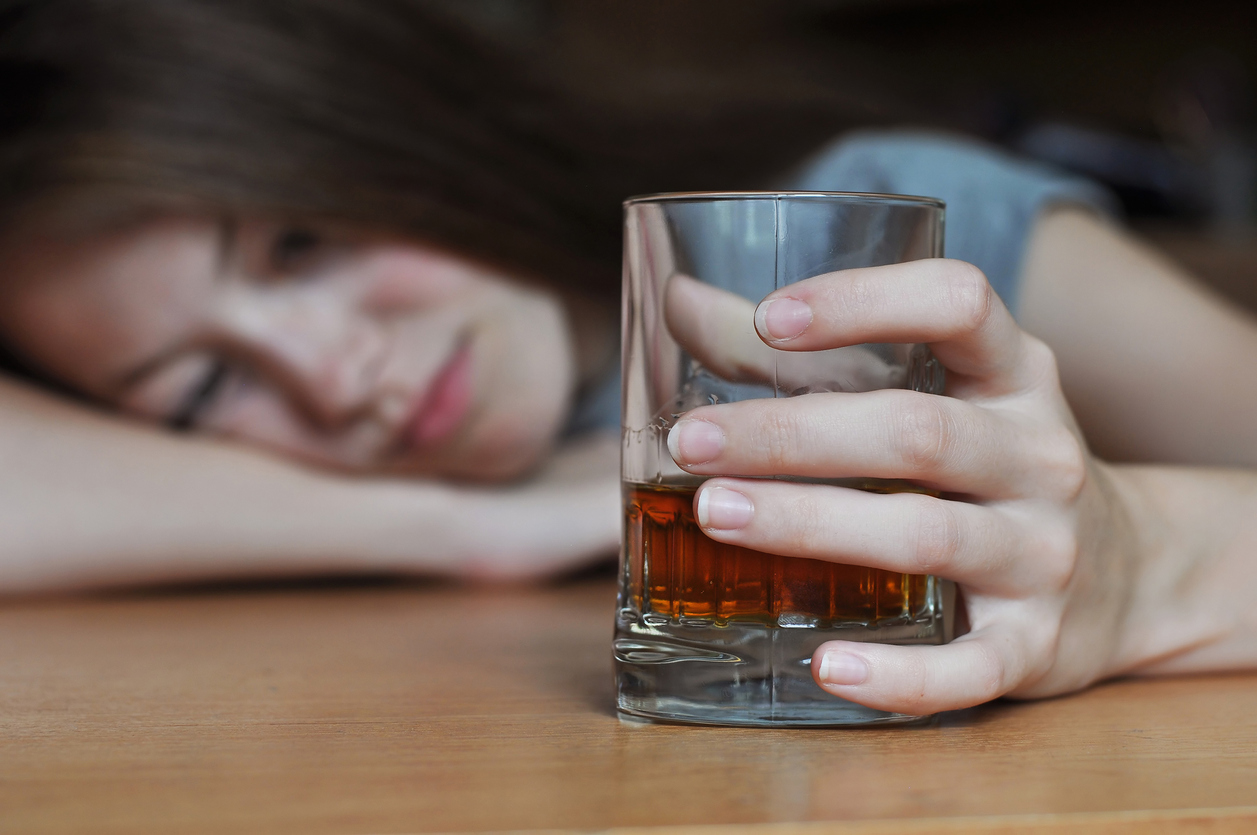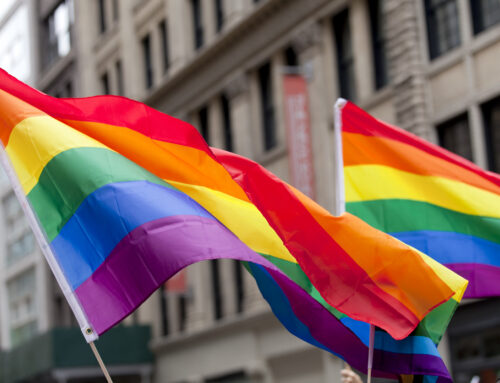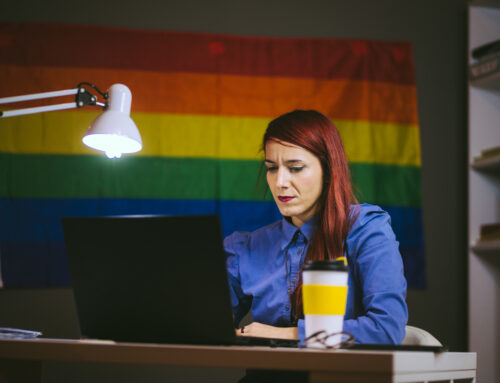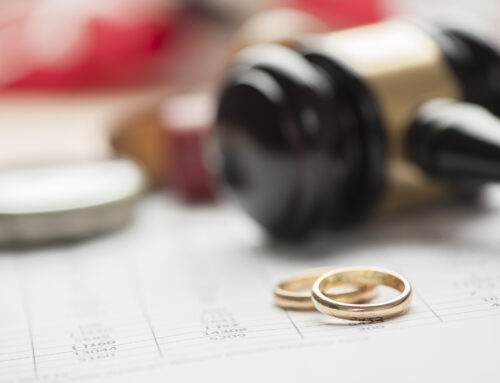Alcohol addiction and abuse in the LGBTQ community remain a public health concern. Alcohol addiction has numerous collateral consequences that can impact a person’s physical and mental health, finances, and overall well-being. Let’s examine the statistics, collateral consequences, and help for LGBTQ individuals battling alcoholism.
Alcohol Addiction and Abuse in the LGBTQ Community
The NIAAA (National Institute of Alcohol Abuse and Alcoholism) describes heavy alcohol use as three or more drinks a day or more than seven drinks a week for women. For men, heavy alcohol use is four drinks on any day or more than 14 drinks per week.
Surveys and studies show that sexual minorities have higher rates of substance abuse and misuse. For example, in one study, sexual minorities reported higher use of alcohol and drugs than the overall population. Sexual minorities were defined as gay, lesbian, or bisexual for the study.
According to the Centers for Disease Control (CDC), bisexual and gay men, lesbians, and transgender individuals are more likely to:
- Have higher rates of substance abuse;
- Continue heavy drinking into later life;
- Use alcohol and drugs; and,
- Not withhold from drug or alcohol use.
Some studies and surveys estimate that the LGBTQ community has a severe problem with alcohol use compared to the general population. The causes for the higher rate of alcohol addiction and abuse in the LTBTQ community vary.
Causes of Alcohol Addiction and Abuse in the LGBTQ Community
Researchers have studied why the LGBTQ community has a higher rate of alcoholism and substance use disorder (SUD) than the overall population. The stress from discrimination and prejudice can increase alcohol use. In addition, some individuals turn to alcohol and other substances to deal with anxiety, depression, and fear.
The use of alcohol has become a coping mechanism for many individuals in the LGBTQ community. Instead of seeking help, some individuals self-medicate to deal with:
- Social isolation
- Family problems
- Discrimination
- Violence
- Transphobia/homophobia
- And many other issues they face each day
LGBTQ individuals who live in communities with little tolerance could suffer from low self-esteem and other issues. For example, some people drink because of the pressures placed on them by family members. Their family members may believe they have made the wrong “choice” and consistently try to “fix them” instead of being accepting and tolerant.
Alcohol use is a significant part of the LGBTQ community. For many years, the only place where many gay men felt safe was in gay bars. Unfortunately, bars normalize drinking alcohol, which can increase heavy alcohol use.
Collateral Consequences of Alcohol Addiction and Abuse in the LGBTQ Community
The consequences of alcohol use can negatively impact many areas of one’s life. As a few examples, chronic alcohol use can lead to:
- DUI accidents
- Unintentional injuries
- Violence, including sexual assault and domestic abuse
- Risky sexual behaviors
- Suicide
Health risks of alcohol abuse include alcohol use disorders, mental health problems, heart disease, liver disease, high blood pressure, cancer, and many other health conditions. Some conditions become life-threatening.
Alcohol addiction can also cause social problems, including the breakup of families. A person may experience chronic depression, anxiety, and a higher risk of dementia. The addiction can impact child custody and visitation.
In addition to the health risks, alcohol addiction can cause unemployment, gambling, homelessness, and other financial problems. Alcohol use disorder (AUD) can result in medical bills for treatment of secondary conditions and rehab.
Where Can Individuals in the LGBTQ Community Turn for Help With Alcohol Addiction and Abuse?
The first step is treating the condition. A family doctor can refer individuals to treatment facilities and resources in their community. SAMHSA’s national helpline provides confidential 24/7 information and treatment referral.
If a person is dealing with financial problems, they can seek help from a financial professional. In some cases, consulting a bankruptcy lawyer can provide the necessary information a person needs to deal with debt problems.
Individuals facing problems because of criminal charges might want to consult a criminal defense lawyer. A criminal attorney can help with DUI charges, assault, and other crimes a person might have committed while intoxicated.
If you or someone you know in the LGBTQ community needs help with an alcohol addiction or abuse problem, contact a doctor, lawyer, or trusted family friend. Calling 988 anywhere in the United States connects you directly with the Suicide and Crisis Lifeline.






